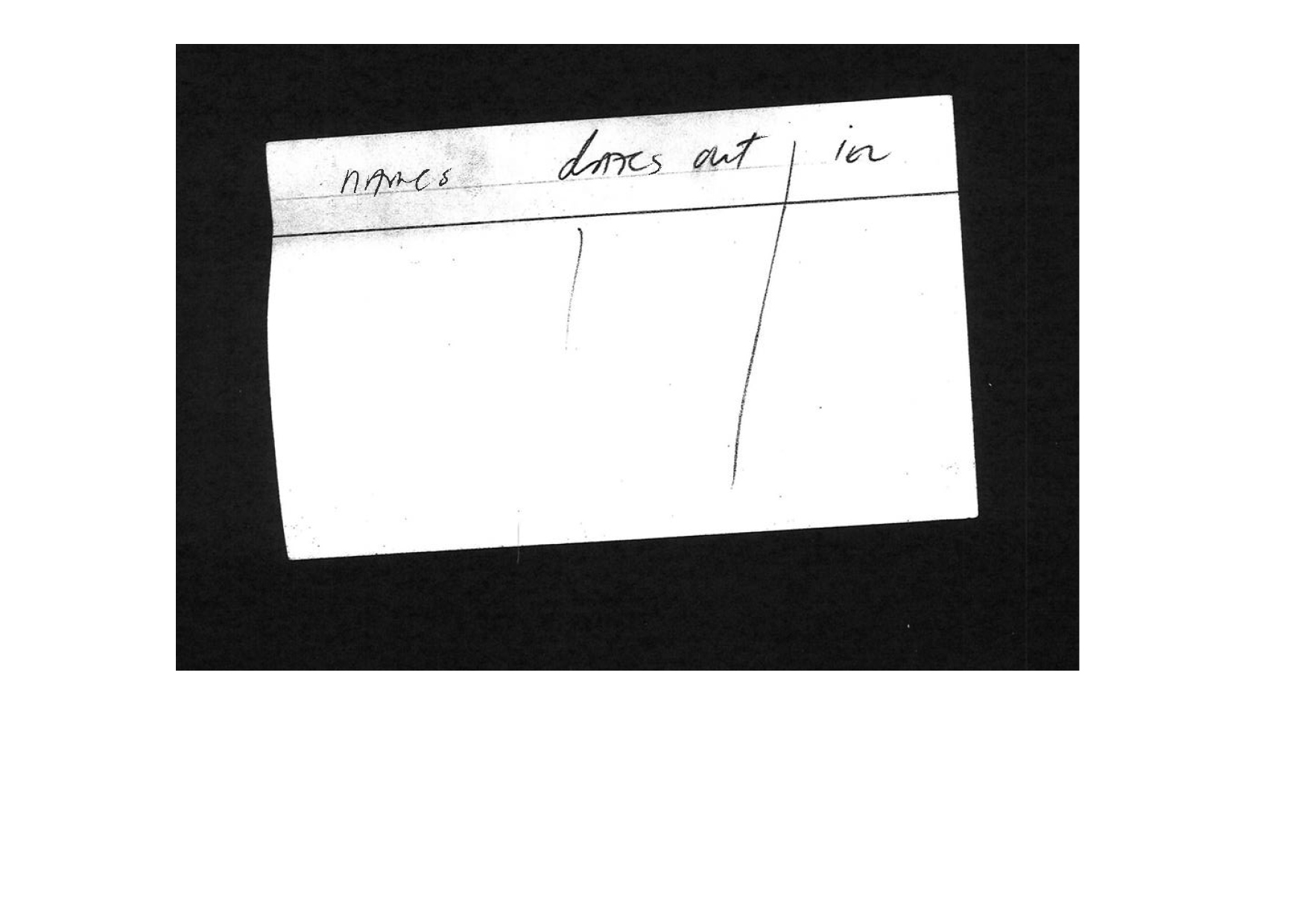professionalising

see also administrating, making public
In order to give an appraisal of the necessity for professionalism within librarianship, first the concept of “professional” must be unpacked. Professional in what sense? The most generic definition – being able to profess a skill – is the first that comes to mind. This seems hardly a thing to argue against, as the particular skills of professional librarians are certainly called for in most cases. If we take another generic assumption that the profession of a librarian revolves around the mores of making information accessible, then this invites questions about associations between moral behaviour and professionalism. All this aside, what I can say is that professional librarians are not seriously threatened by the amateur librarians, operating from a distance. The threat comes from much closer for them: budget cuts that cripple and close their libraries, policies driven by the encyclopedic expectation that digital volumes of data inspire.1
Image: A makeshift library checkout card, usually placed in a pocket in the back of a book
-
Murray, J. H. (1998) Hamlet on the Holodeck: the Future of Narrative in Cyberspace. Cambridge, Mass: MIT Press. ↩
